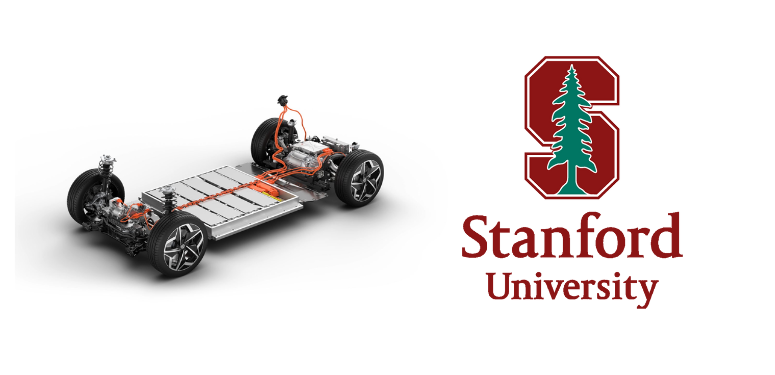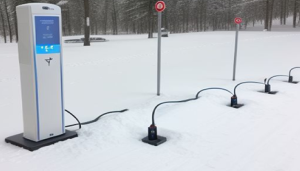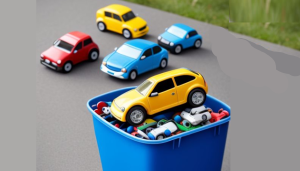Stanford, California — A new study from researchers at Stanford University has found that simply resting a lithium-metal battery can reverse degradation from charging and use.
Currently, these batteries are not used in electric or hybrid vehicles, even though they offer higher energy density and output, and lighter weight than their lithium-ion counterparts. This is because, while more energy efficient, lithium-metal batteries have been found to rapidly degrade after just a few charge cycles.
This difference has to do with the energy-transferring structure of a lithium-metal battery versus a lithium-ion battery. Where a lithium-ion battery sends energy back and forth across the battery structure, for lithium-metal batteries, the use of electroplated lithium metal causes energy to instead get stuck, ultimately degrading the available capacity and total range of the battery.
However, despite this flaw, researchers at Stanford University have found that when completely discharged and without any current running through it, a lithium-metal battery will actually begin to heal itself. Resting a battery for just an hour, researchers say, will begin the healing process by allowing the trapped energy to dissipate.
While it isn’t practical to rest a car’s battery for several hours, because battery packs are made up of hundreds to thousands of individual cells, battery management software could be used to allow some cells to be fully discharged and rested while others are used, researchers further note.
It is important to note that this same method does not work with lithium-ion batteries. Trying the same method with a standard EV will instead shorten the overall lifespan of the battery.
More work needs to be done to flesh out the idea, but Stanford researchers believe that this technique could be useful in creating vehicles with longer rangers and lighter weights in the future.
The post Diminished Degradation: Stanford University researchers find resting lithium-metal batteries can reverse degradation appeared first on Collision Repair Magazine.



























